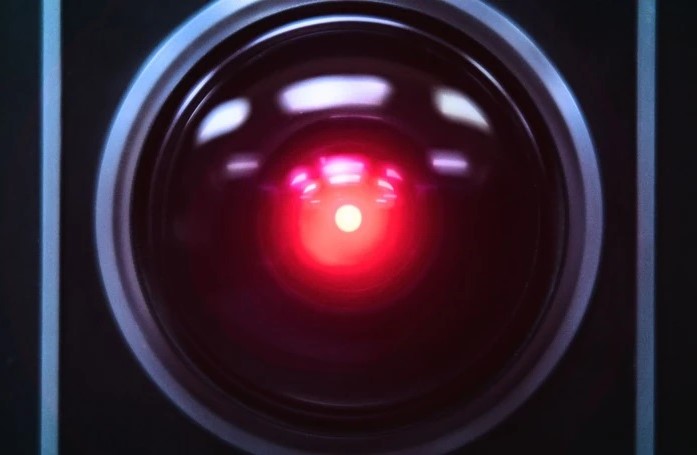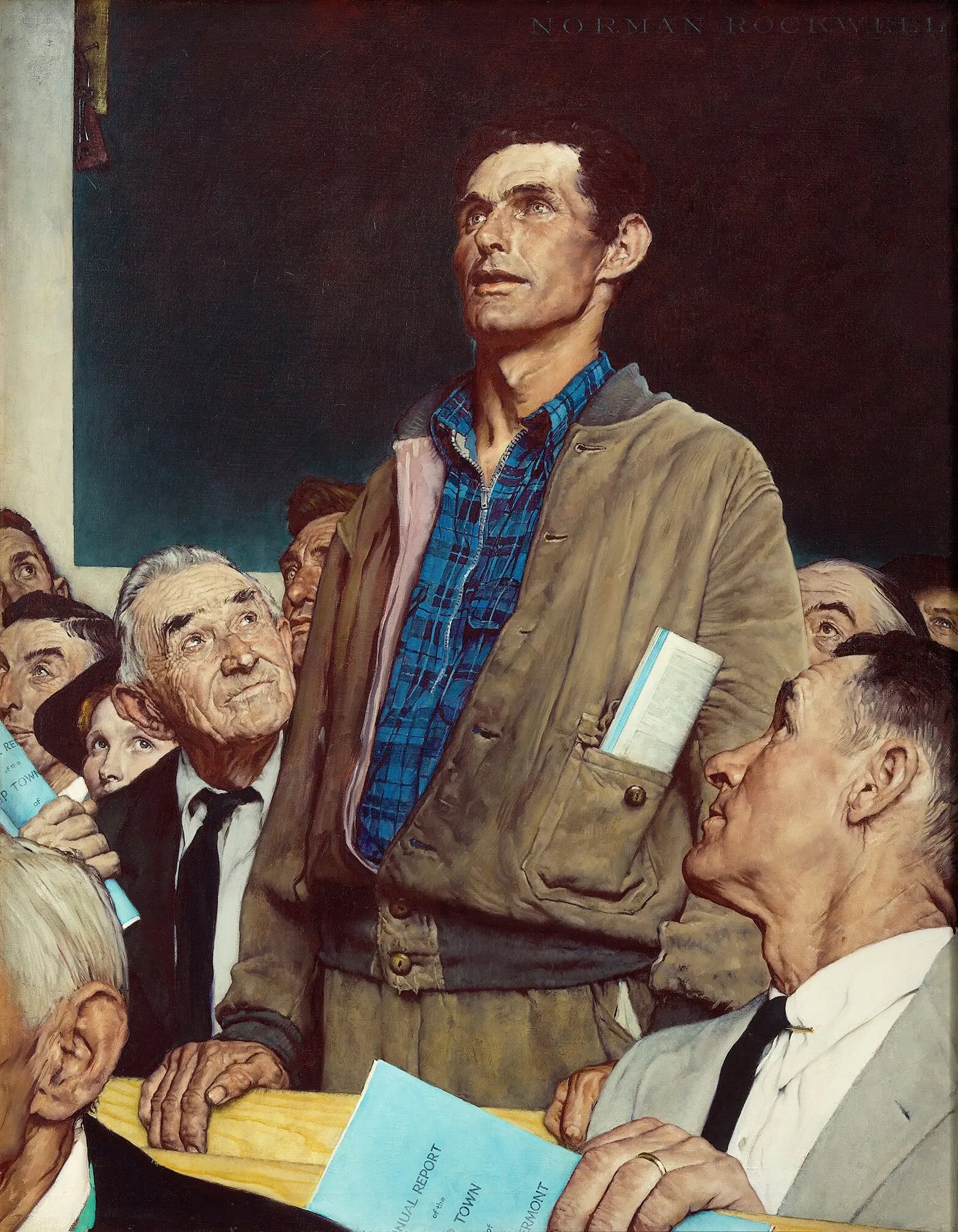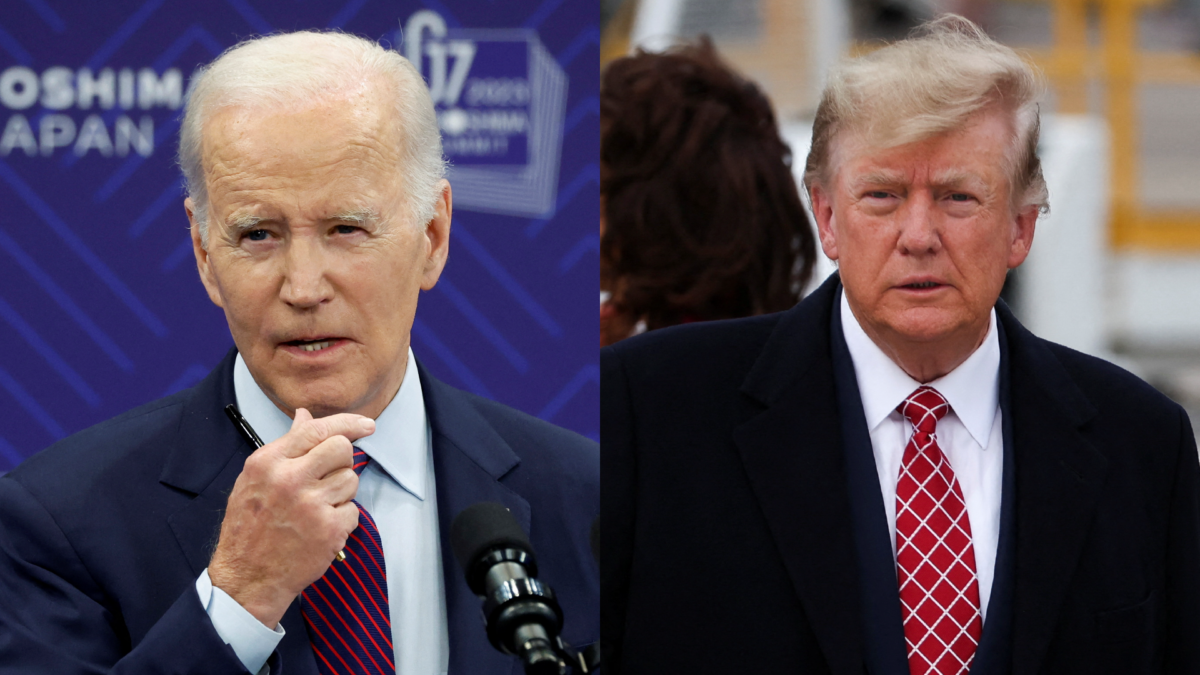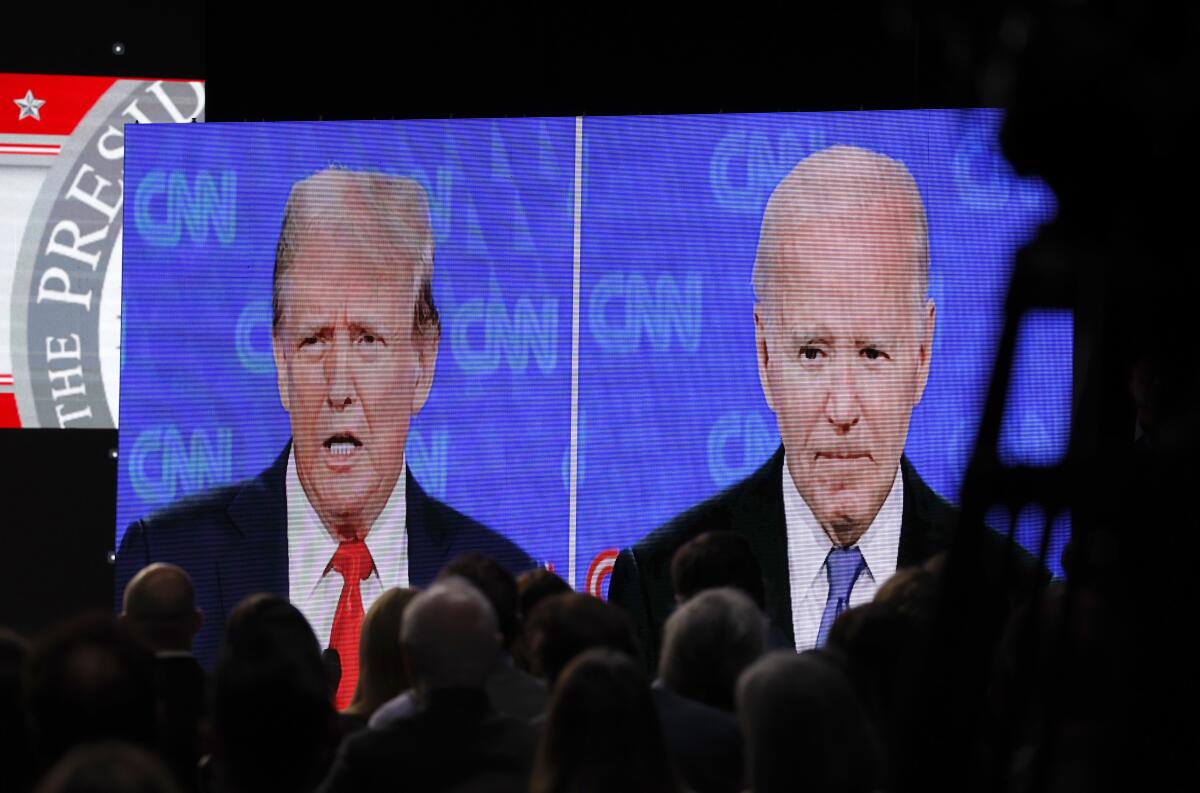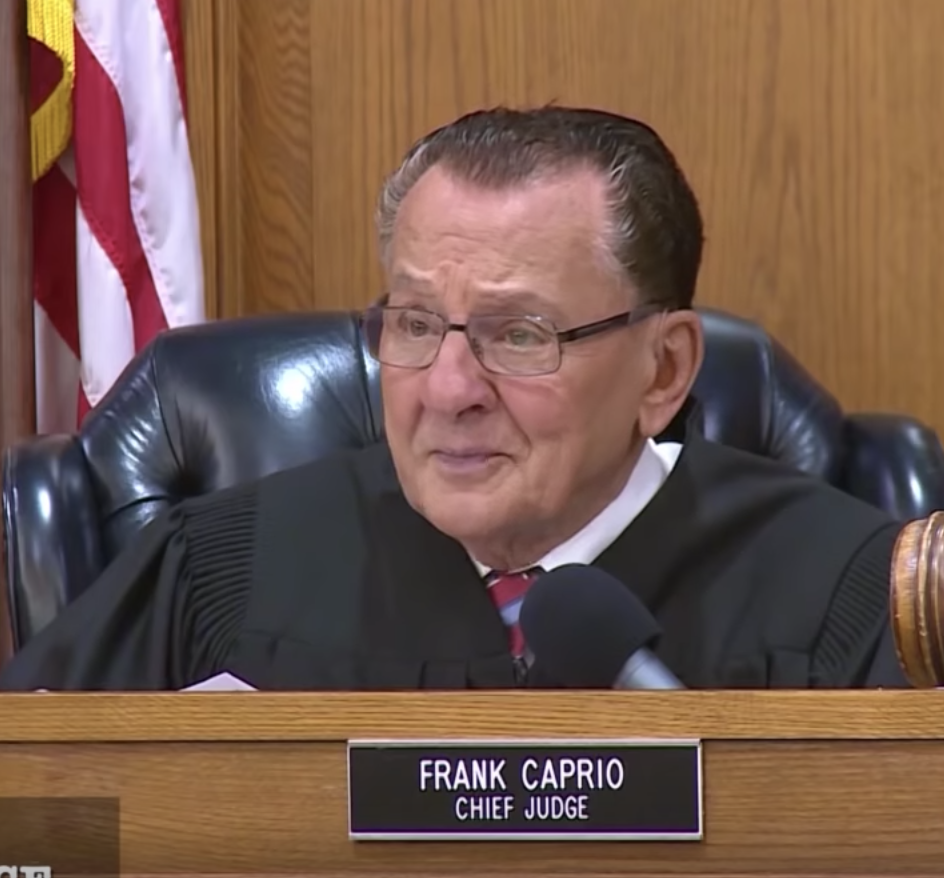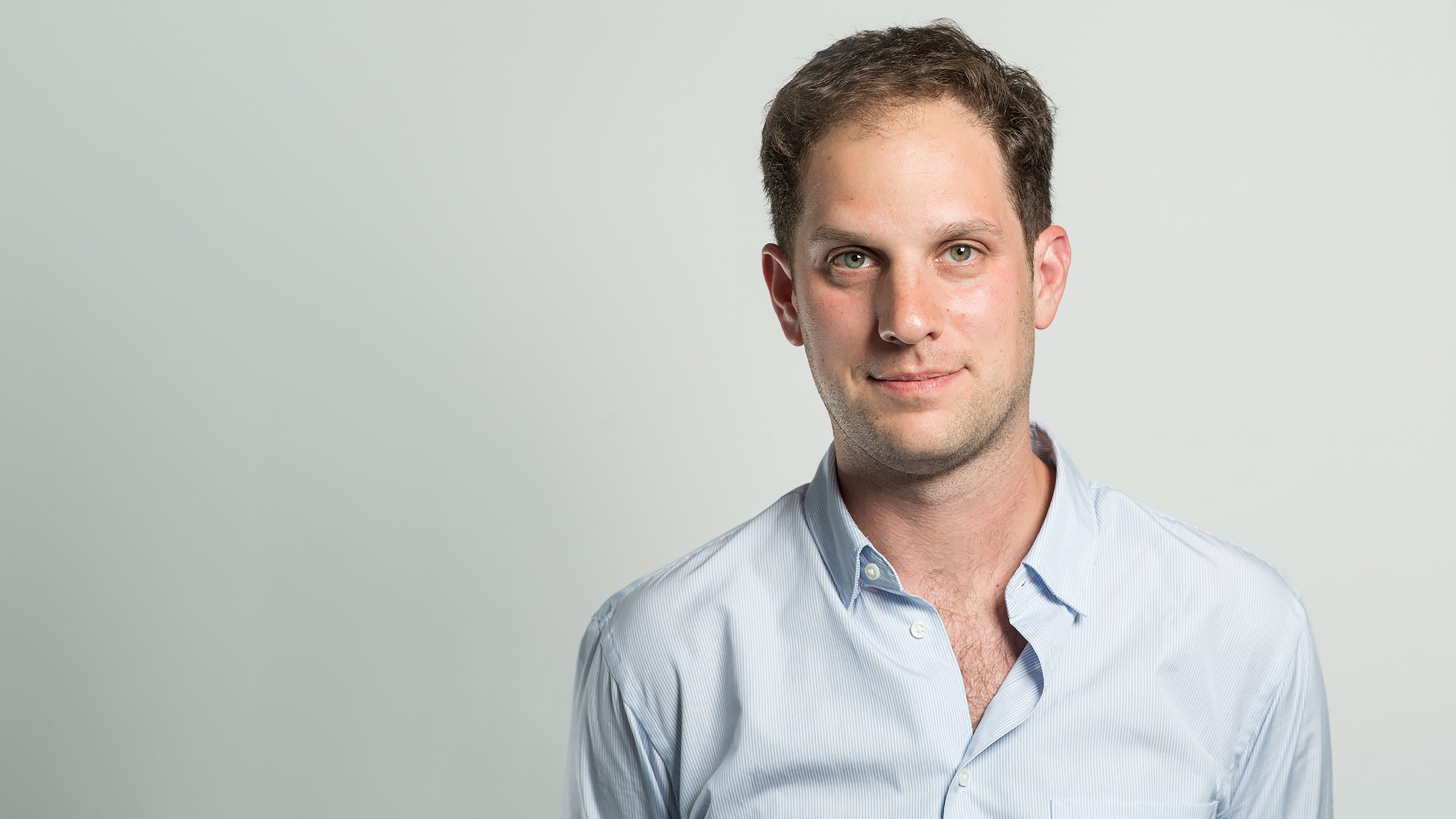At a White House news conference last month, President Obama said, “It’s not sustainable. The notion that we’re going to keep 100 individuals in no man’s land in perpetuity. All of us should reflect on why exactly are we doing this? Why are we doing this?”
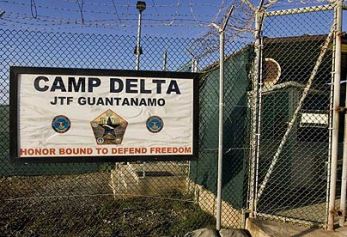
Obama was talking about the on-going imprisonment of, as of August, 164 individuals at Guantánamo Bay, Cuba. “The plan for Guantánamo he proposed — moving any remaining prisoners to a Supermax-style prison in Illinois — was blocked by Congress, which barred any further transfers of detainees onto domestic soil,” The New York Times writes (Apr. 30). “A spokesman for Senator Mitch McConnell of Kentucky, the Republican leader and one of the leading opponents of closing the prison, said on Tuesday that “there is wide, bipartisan opposition in Congress to the president’s goal of moving those terrorists to American cities and towns.”
100 have refused to eat. As a result, Navy nurses have been called in to help force-feed 21 of the worst cases. “I don’t want these individuals to die,” President Obama said of the action.
The American Medical Association has informed Secretary of Defense Chuck Hagel, that international standards have upheld a prisoner’s right to refuse food and drink. “The American Medical Association (AMA) noted in 2005 and 2009, when concerns arose about the treatment of hunger strikers at Guantánamo Bay Naval Base, that the forced feeding of detainees violates core ethical values of the medical profession. Every competent patient has the right to refuse medical intervention, including life-sustaining interventions.
“The AMA has long endorsed the World Medical Association Declaration of Tokyo…”
According to the World Medical Association, Guidelines for Physicians Concerning Torture and other Cruel, Inhuman or Degrading Treatment or Punishment in Relation to Detention and Imprisonment:
“Where a prisoner refuses nourishment and is considered by the physician as capable of forming an unimpaired and rational judgment concerning the consequences of such a voluntary refusal of nourishment, he or she shall not be fed artificially. The decision as to the capacity of the prisoner to form such a judgment should be confirmed by at least one other independent physician. The consequences of the refusal of nourishment shall be explained by the physician to the prisoner.”
However, the preceding graph in that document states:
“The physician’s fundamental role is to alleviate the distress of his or her fellow human beings, and no motive, whether personal, collective or political, shall prevail against this higher purpose.”
While there are certainly political issues involved with the Guantánamo prisoners, I am only interested in your response to one question:
Is it ethical to force-feed an inmate?
Comments

